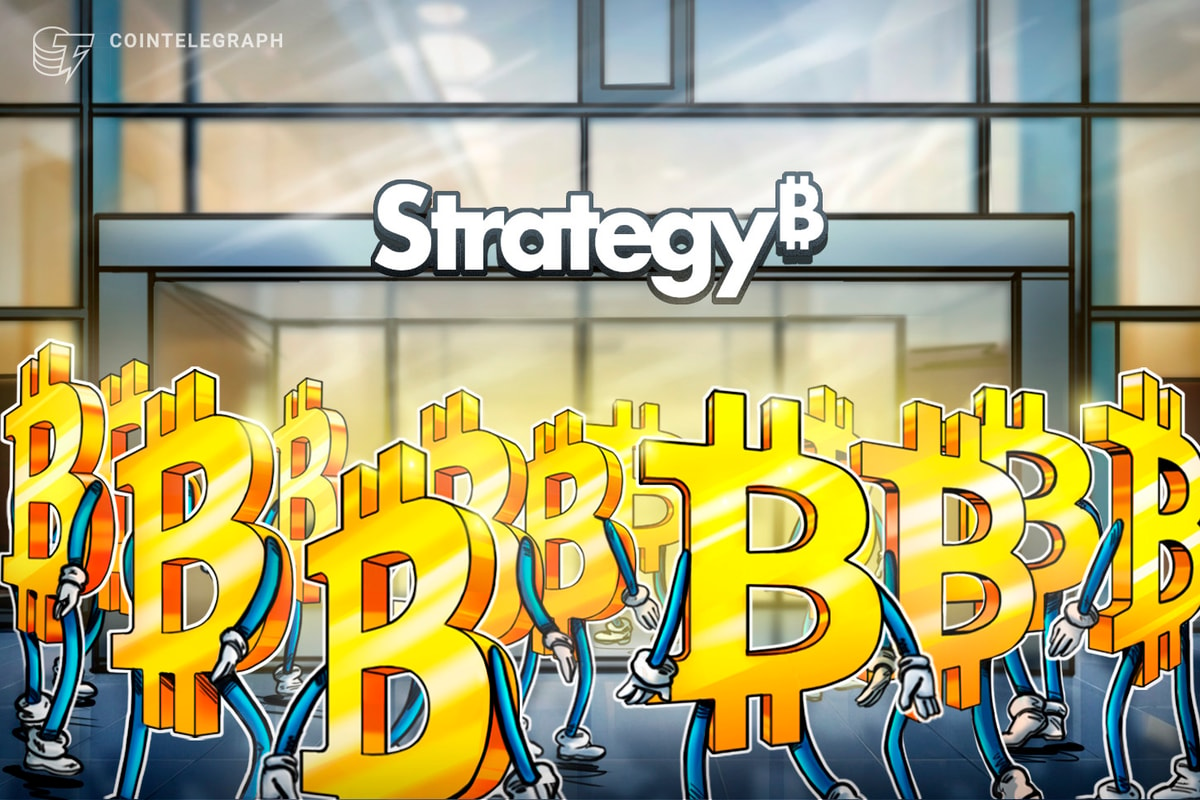
Bitcoin’s “killer app” has long been a topic of speculation. What is the compelling use case that will cause millions to adopt bitcoin, knowingly or unknowingly? It just might be Abra.
Announced on the final day of Launch Festival 2015, Abra is a company that is looking to take a slice of the $550 billion global remittance market. With legacy companies such as Western Union charging 10 percent and more to remit money internationally, Abra offers the potential for instantaneous money transfers at a fraction of the cost.
At the event, CEO Bill Barhydt said: “Our mission with Abra is to turn every smartphone into a teller that processes withdrawals. This is not just another bitcoin app. The wallet is a full-fledged digital asset management system, and you don’t have to understand it.”
Use of the application is straightforward and relies on a network of people around the world who act as tellers, charging small fees to help people transfer money abroad. A user can deposit funds into his or her account using a debit card or by meeting up with a teller in person and handing them cash. Then those funds can be instantly — the power of Bitcoin — transferred anywhere in the world. The person receiving the money has only to find a teller, show that he or she is the recipient of the funds, and exchange the digital cash (denominated in USD) back for their local currency.
“The teller charges a fee. We take 50 basis points on either side. If the teller doesn’t charge a fee, we don’t charge a fee,” Barhydt explained at the event.
Further, there is no foreign-exchange risk. Once the money is in the account, it holds that value for the first three days guaranteed. This ensures that if someone wants to send $200, all $200 can get to the intended person.
The killer application
What gives it the potential title of “killer app” is the fact that Abra is powered by Bitcoin, but the user has no idea that Bitcoin is what is powering it.
It’s been said numerous times, but how the network works is less important to someone than whether it works. The average individual doesn’t want to know how the pipes work; they want to know that water is going to come out. The same is true for finance.
At the “Bitcoin and the Future of Payments Technology” Fireside Chat held at the Museum of American Finance back in February, the panel talked about how people don’t know how the Internet works, but know that if they hit “send” on an email, it’ll get to where it needs to go. No one knows about any of the protocols making that possible.
“Bitcoin will be the same way,” said Jeremy Allaire, CEO of Circle.
The average person using this application won’t need to know that it’s Bitcoin powering the backend either. All users need to know is that their money transferred in minutes and that the fees are significantly less than what they would pay using a service like Western Union.








